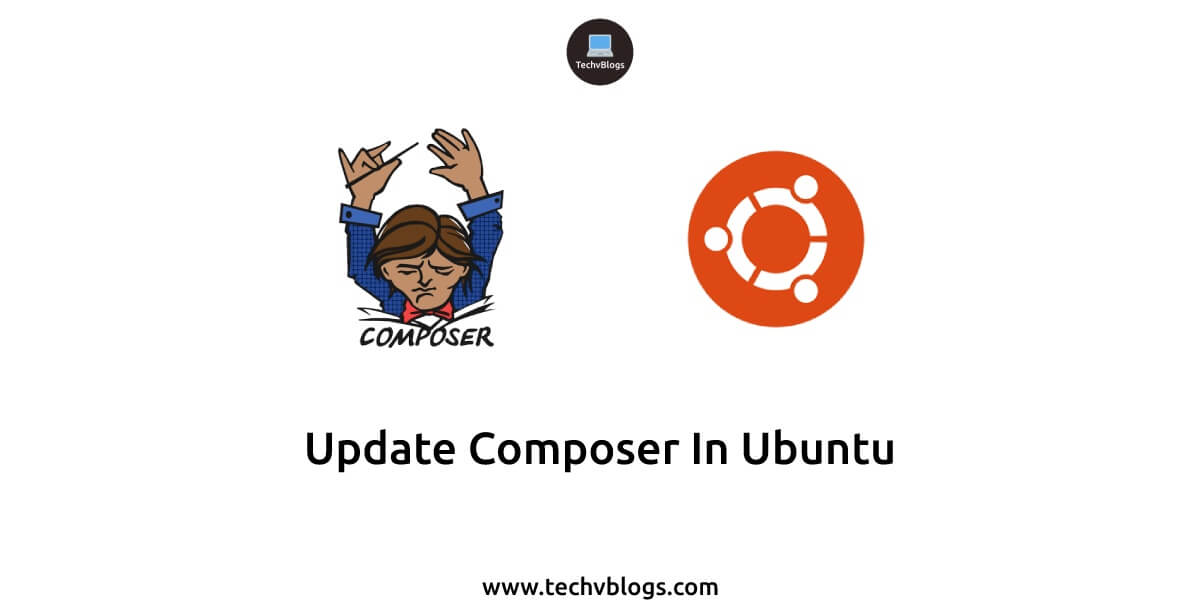Many legacy projects require a dependency that runs on the updated composer Version In Ubuntu.
This is an example of how to update the composer Version in Ubuntu.
In this short post, you'll learn how to update the composer Version.
Update Composer
First, remove the composer. Run the following command:
#! /bin/bash
sudo apt-get remove composer -y
Download the installer and composer setup:
#! /bin/bash
php -r "copy('https://getcomposer.org/installer', 'composer-setup.php');"
php composer-setup.php --install-dir=/usr/bin --filename=composer
Read Also: How To Install and Use Composer on Ubuntu 22.04 | 20.04 LTS
Switching Composer Version
To change to version one, run the self-update command and pass in the --1 flag. This will change the composer to version one, and now you can install your dependencies.
#! /bin/bash
composer self-update --1
Once you have installed your dependencies, you can now run the same command and pass in --2 as the flag, which will switch back to composer version 2.
#! /bin/bash
composer self-update --2
Switching Composer Specific Version
You can also change to a specific version with the minor version number, like below.
#! /bin/bash
composer self-update 1.10.22
composer self-update 2.1.3
Revert Composer Version
To revert to the previous version, pass in the --rollback.
#! /bin/bash
composer self-update --rollback
Preview Composer Version
The command below will allow you to get the pre-released version for anyone interested in using the preview version.
#! /bin/bash
composer self-update --preview
Thank you for reading this blog.
Read Also: How to make a POST request with cURL




